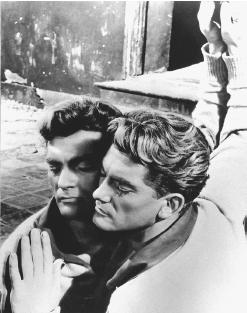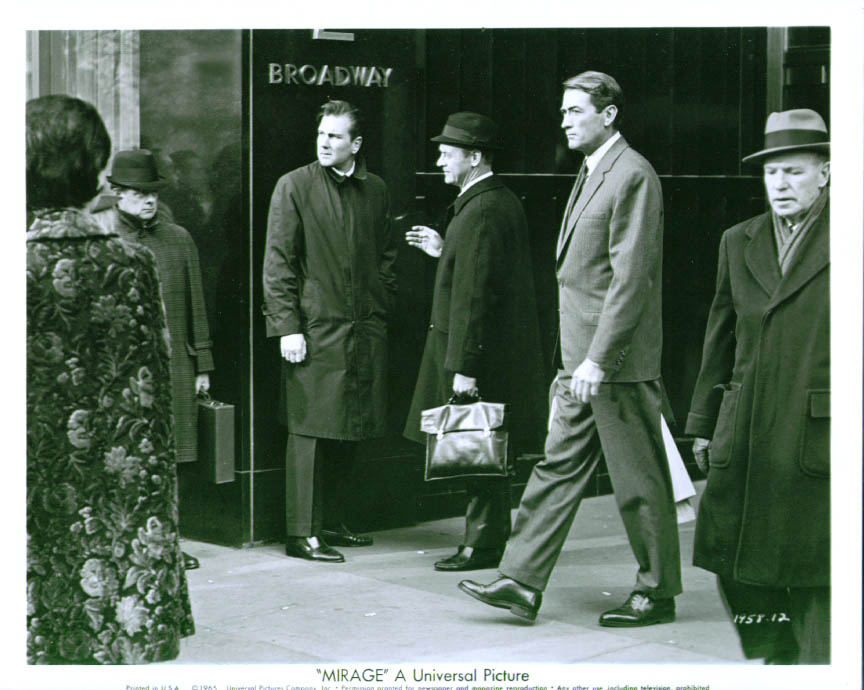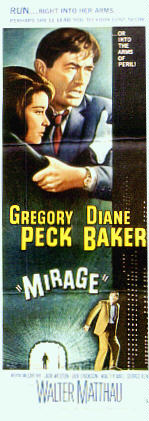
The Beast Looking Upon The Beauty
(though I find them both beautiful)
No words. No words. No words. But, maybe a few. The first viewing-experience of this film several years ago stole my heart. It is a visual marvel. You won't ever see another rendintion of this story like this particular feast (and that means films of past, cartoons, stage performances, &c., &c.). This dazzling film fills my entire Being with streaming floods of joy. I really can't describe it, and it doesn't need to be described (unless you really want me to).
If you have never had the pleasure of seeing this, please try and find time to do so. Let your heart flood with joy like mine and then we can discuss how it feels; then we can discuss the film itself, or vice-versa. I'm pretty sure that you will be happily-pleased.
If you have never had the pleasure of seeing this, please try and find time to do so. Let your heart flood with joy like mine and then we can discuss how it feels; then we can discuss the film itself, or vice-versa. I'm pretty sure that you will be happily-pleased.









